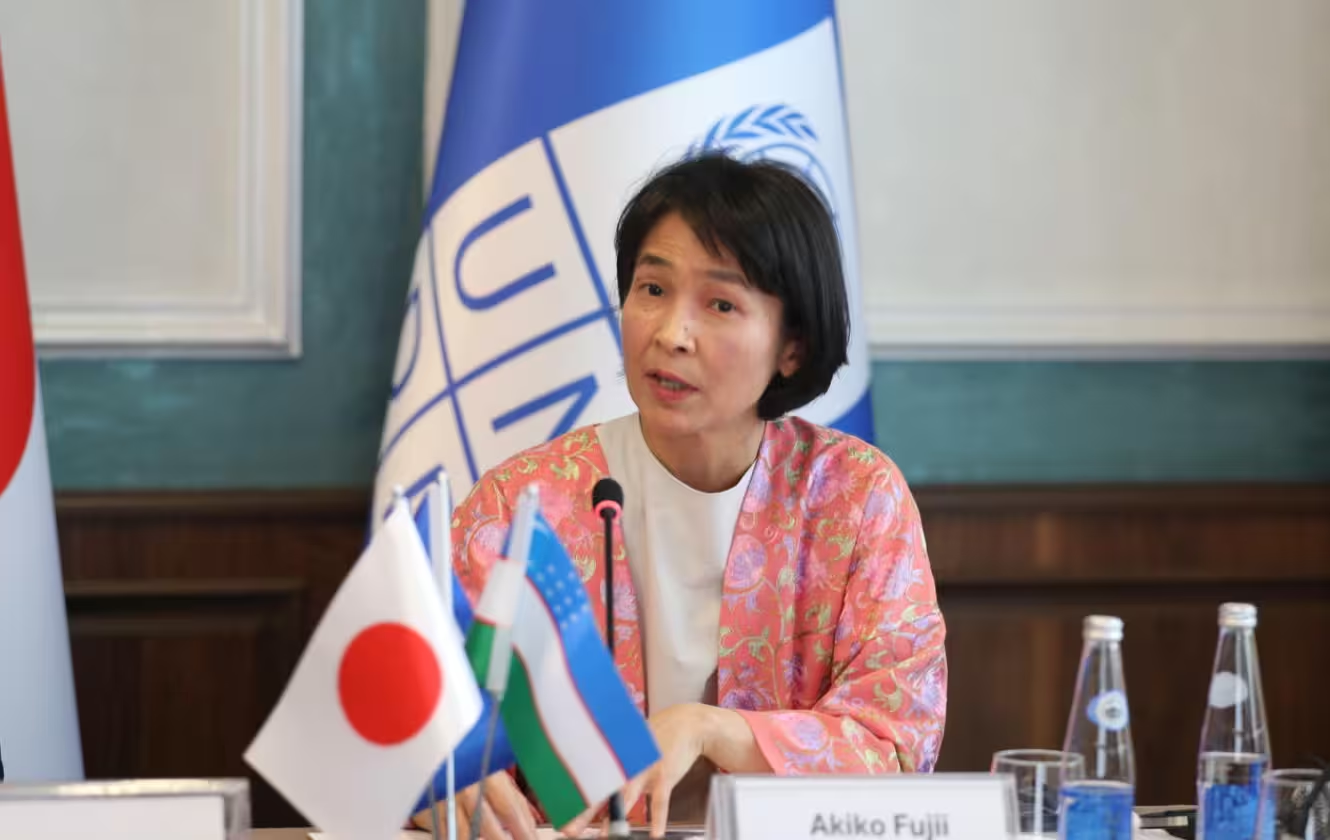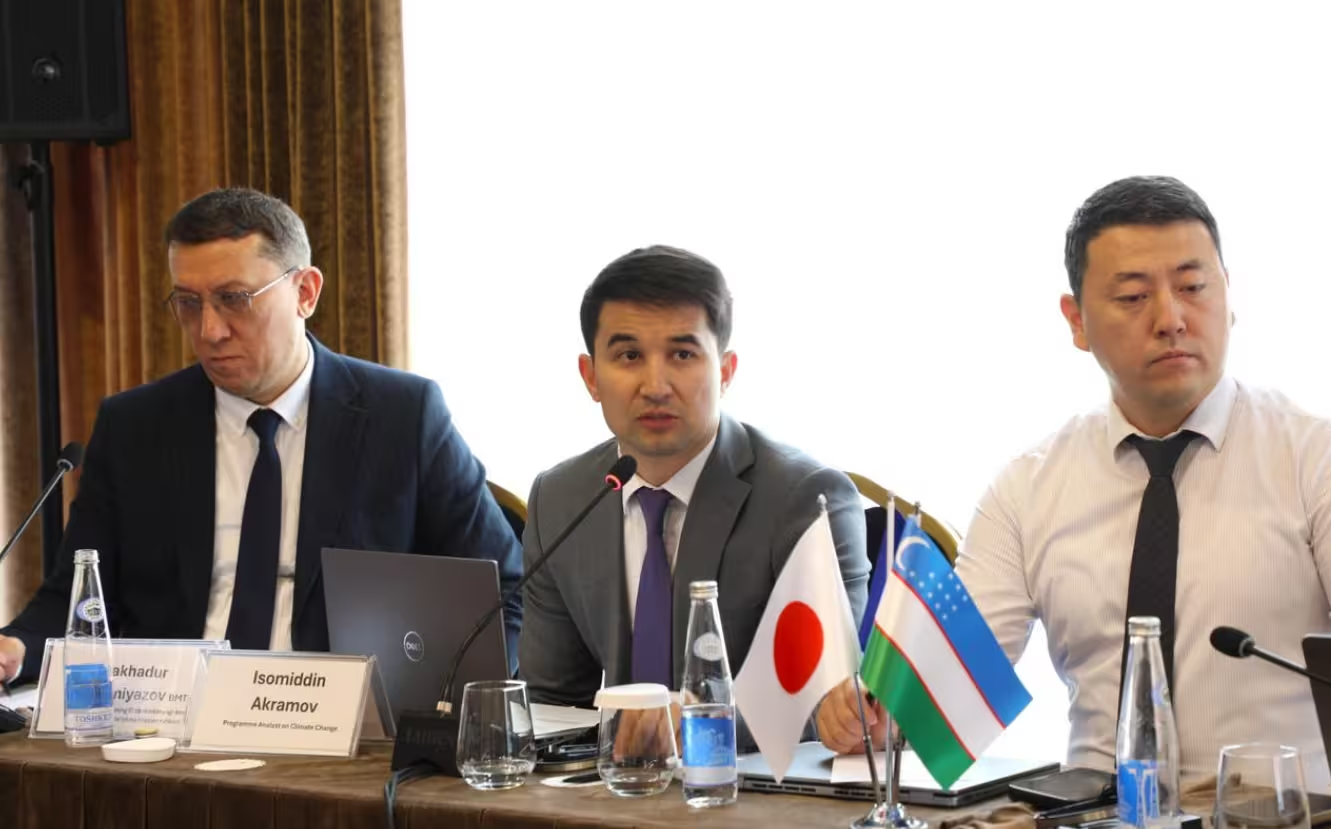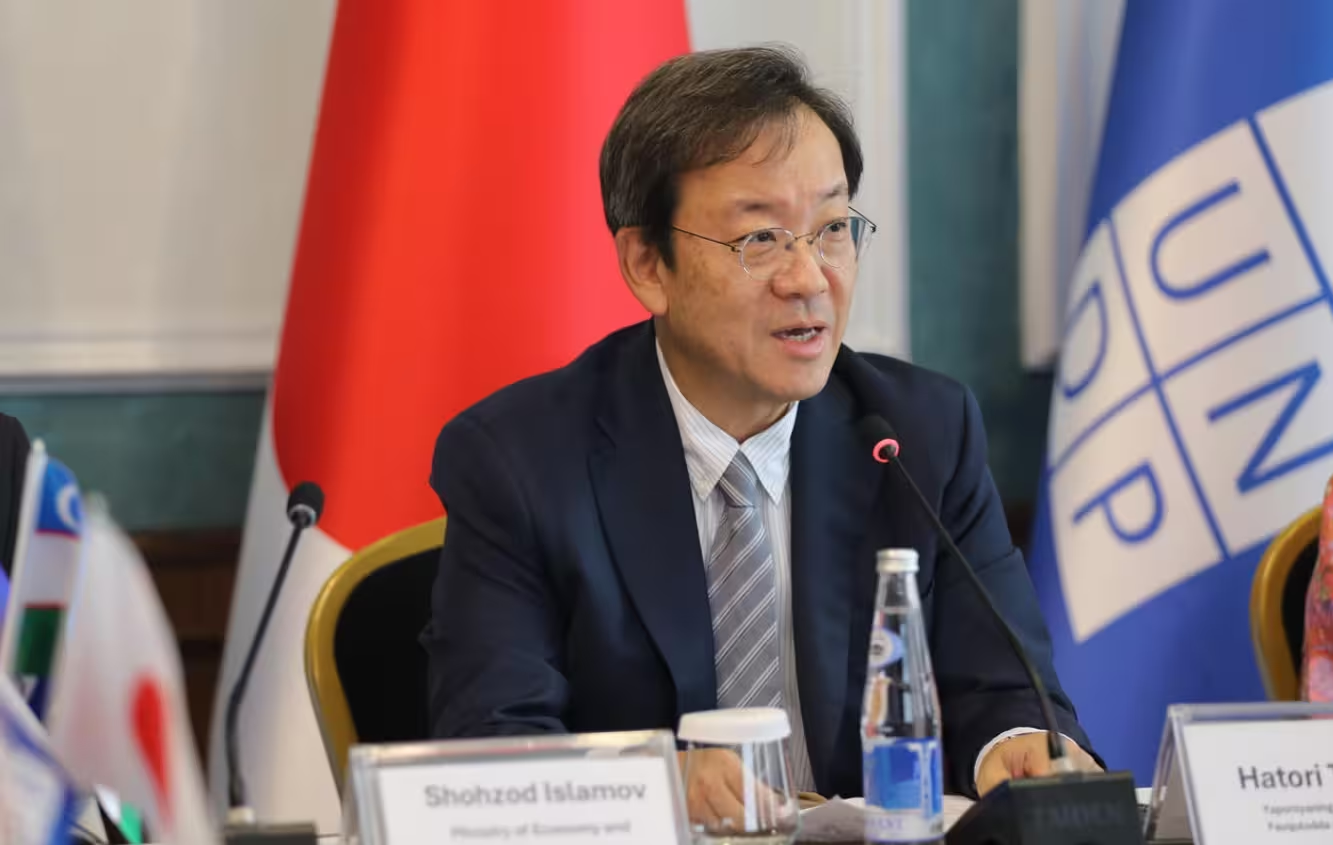A new decarbonization initiative has been launched in Uzbekistan by the United Nations Development Programme (UNDP), in partnership with the Government of Japan and the Ministry of Economy and Finance of Uzbekistan.

The project aims to reduce greenhouse gas emissions and improve energy efficiency in essential public infrastructure such as schools, hospitals, kindergartens, and public transportation systems.
The initiative comes at a time when Uzbekistan’s energy system is under growing pressure from extreme weather conditions, including severe heatwaves and cold spells. By upgrading infrastructure, the project seeks to increase resilience against climate shocks while enhancing comfort and reducing energy costs for citizens.

Public buildings will be equipped with modern thermal insulation, energy-efficient windows, heat pumps, and solar panels. These improvements will not only lower energy consumption but also ensure stable indoor temperatures throughout the year, contributing to healthier and more comfortable environments for students, patients, and workers.
The project will also contribute to reducing CO₂ emissions and improving air quality. By introducing clean technologies and reducing reliance on fossil fuels, the initiative aims to cut the country’s carbon footprint—benefiting both urban and rural areas where air pollution is a growing concern.

In addition, the project includes pilot solutions for environmentally friendly transportation. These will feature electric vehicles, the development of charging infrastructure, and air quality monitoring along key routes. The transport component aims to demonstrate scalable models for cleaner mobility in Uzbekistan’s cities and regions.
Japanese investment and expertise will play a key role in the initiative, facilitated through the Joint Crediting Mechanism (JCM). This framework allows for the transfer of low-carbon technologies and financial resources from Japan, enabling Uzbekistan to test and expand innovative climate solutions.

The project supports Uzbekistan’s national climate goals, including reducing greenhouse gas emissions by 35% and increasing the share of clean energy to 25% by 2030. It is also part of the broader cooperation between Japan and Uzbekistan under the Paris Agreement.
“This project is not just about the environment. It’s about comfort, health, and a sustainable future,” said representatives from UNDP and the Agency for Energy Efficiency. As Uzbekistan continues to modernize its infrastructure and energy systems, this initiative marks a significant step toward a greener and more resilient future.




